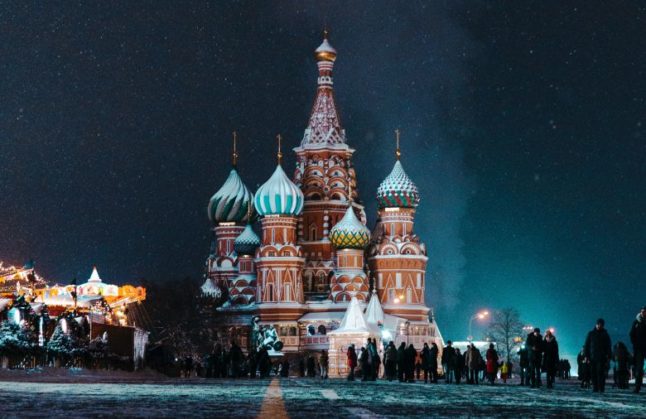The election of Dmitry Medvedev as the next Russian president is anything other than a surprise – just as is the fact that the vote failed to meet our legal and democratic standards. But Germany must still take the new president at his word. In the past he has spoken frequently about openness and reform, democracy and rule of law. His deeds will be measured accordingly.
In light of the many interests that Germany, the European Union, and the West share with Russia, stability and reliability are extremely important factors for our ties to Moscow. The list of irritations and obstacles to be overcome are long – whether Kosovo or Iran, as well as the perhaps most important question of how to increase mutual trust and pursue arms control.
German Chancellor Angela Merkel would be well advised to meet Putin’s successor as soon as possible. The Chancellor, whose relationship with Putin has appear increasingly strained, must quickly attempt to build a basis of trust with the new Russian president that can withstand differences of opinion.
For despite all of the problems and beyond outdated ideological mindsets, seen objectively Russia and Europe are compelled to work together to face common challenges.
Medvedev takes over an office from Putin that has never had more power. At the same time, the democratic opposition has been essentially neutralized – partially because personal vanities continue to hinder the unification of democratic forces.
But dismissing Medvedev as Putin’s “marionette” before he takes office would be a terrible mistake. The new president will have no other choice than to put his personal stamp on the office rather quickly, since the institutional strength of the presidency allows no other option. Moreover, Putin’s own résumé – he was once considered Yeltsin’s “crown prince” – is the best proof of how fast a so-called marionette can learn to stand on his own two feet.
Werner Hoyer is the deptuy chairman of the FDP’s parliamentary group and foreign policy expert for the party. Translation by The Local.


 Please whitelist us to continue reading.
Please whitelist us to continue reading.